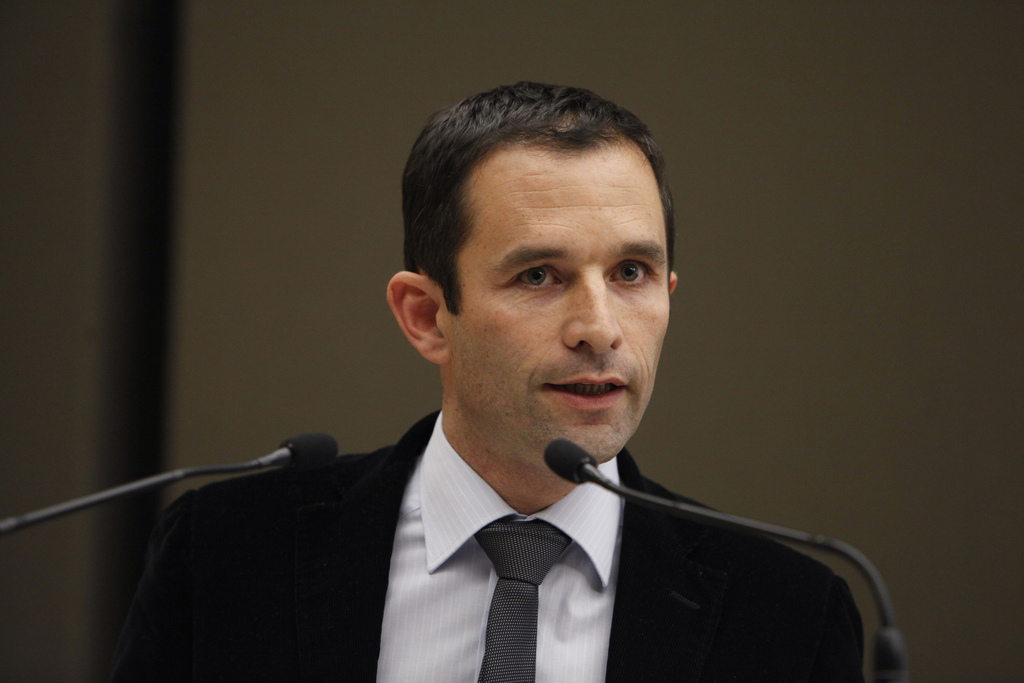
Prodigies for sale

Sports fans are obsessed with child prodigies. It’s not enough for us to witness feats of athletic greatness; we want our heroes baby-faced.
Unsurprisingly, fans see a talented young player and imagine that it portends future success for their team. They think of titles won, records broken, and glory achieved. Like a high-budget film trailer, the prodigy whets the appetite. The sports media companies, new and old, allude to a blockbuster sequel that is already available for immediate viewing.
Like every product, the sports prodigy is now advertised online. A subgenre of online sports media has grown to accommodate our anticipation of the future. The average fan is lured in with titles like, ‘Best U18 Premier League goals’ or ‘Top High School Basketball Recruits Class of 2025’, often produced by legacy sports media or the social media accounts of established sporting organisations.
But you can’t make a market from the occasional schoolboy tournament. After the temporary entrancement of teenagers flaunting their athleticism, we wake up. They aren’t really national champions, we remind ourselves—they’re schools’ national champions. We cannot bring ourselves to criticise them for mistakes; their real worry is their homework due on Monday morning. And so the commercial offer must be even more impressive. There arrives a conveyor belt of sporting commodities: new talents, each bigger, faster and somehow younger than the last.
At first, we see descriptions of twenty-year-old professional athletes like England flanker Henry Pollock as ‘worldwide outlier[s] of an athlete’. Even if you disagree with the billing, there is little at which to object ethically. It’s worse when we describe people who can’t buy Red Bulls from Tesco the same way. Sports media pages capitalise on the abundant comic potential of competitive sports in the adolescent years, pitting uncoordinated, gangly seven-footers against, for lack of a better word, normal teenagers.
We oscillate between these humorous matchups and what amount to advertisements for an unending series of young athletes. Each is supposedly the ‘best prospect since [inset whichever great you fancy here]’. If you scroll, the formula becomes apparent. An absurd height and weight read out in a broad male American accent. The occasional dragged vowel sound to heighten adverbs like ‘most’, ‘easily’ and ‘ever’. An irritating cadence. One account, hoopify, packages all this with occasional clips of his face, wide-eyed and gormless, cut together, side by side.
Some parents take the business of promotion into their own hands. Who, or what, would allow Big Justice to exist? Texas marketing manager Jake Miguel parades his twelve-year-old son Madden (better known as Baby Gronk) on the social media catwalk, his posts ranging from absurd to outright immoral. Madden brags to the camera that he is the best in the nation before performing a routine drill against five-foot-five opposition. He challenges other character-children in the broader brainrot content universe, such as the Rizzler, to boxing matches to prove his athletic prowess. He wears a diamond grill and poses with an impressive list of celebrities and influencers for Instagram. Off the field, he collaborates with and ‘rizzes up’—account’s words, not mine—bikini-clad models who are twice his age.
Every video is clearly written and directed by someone far older than twelve. But in an astonishing indictment of their literacy, intelligence and common sense, the commenters fail to notice this. They hope that he is ‘humbled’ when he faces stronger competition and that he develops CTE, a fatal brain condition common to athletes in collision sports. Jake Miguel has identified an audience who become increasingly entranced by the product he sells to them. His venture is kept afloat by a seemingly interminable list of connections who appear in videos with him, and, extending onwards, hundreds of thousands of Instagram users who follow his account and allow themselves to get angry at a child.
It is easy to consider the Miguel operation a singular issue and condemn it in forthright terms. The spectacle of a superstar athlete’s lifestyle superimposed onto the avatar of a twelve-year-old boy elicits a healthy amount of disgust. But the Miguels have found success because everything they offer is that which we already value. There are hordes of comments busy disputing the truth claims of Miguel’s videos—is he actually ‘the best football player in the class of 2032’ or just overrated?—apparently oblivious to his fast-disappearing childhood, because we have an unhealthy attachment to finding the next big thing. Because we are obsessed with the prodigy, we allow ourselves to have our emotions dictated by debates of who is or who isn’t a future star. Motivated by our search for future stars, we discard, with all ingratitude, the still-exceptional superstars of today.
Wunderkinds in all industries are appealing for a reason: we are drawn to success, and so when given the chance to appreciate it for even longer in the case of the child, things are even better. But every video of ‘the next LeBron James’ should prompt us to pause. By engaging in speculative debates of this sort, we rob ourselves of the chance to simply enjoy sport. There lies in wait an entire industry ready to profit from our impatience, desirous of our attention so that we can be made sufficiently angry or excited about the next product they might sell to us. It would do us much good to appreciate current, not future, greatness.∎
Words by Nathan Osafo Omane. Image courtesy Division 1 Rejects via Wikimedia Commons.







